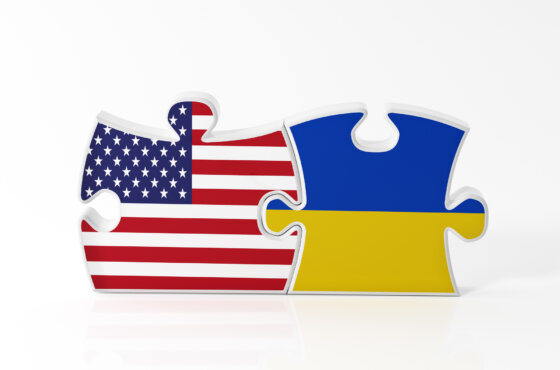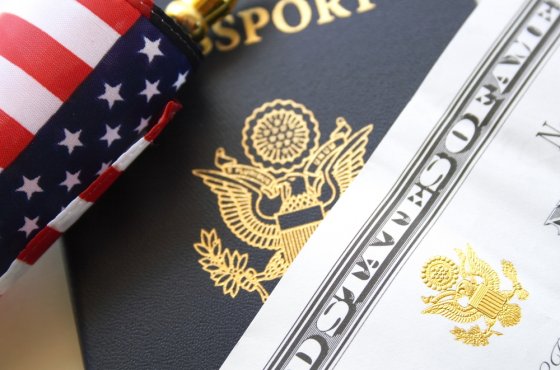The Times: young and poor Russians want war against the West
It all started with a red and black ribbon, which was made a symbol of pride in the USSR's victory over Nazi Germany. Self-satisfied stickers on cars proclaimed: “Thank you grandfather for the victory” or “On to Berlin!” That same year, expressions of patriotism in Russia became more militant.
“Some car enthusiasts are putting new stickers on their cars with a drawing of a Red Army soldier sodomizing a Nazi. And under the picture it says: “We can repeat it,” Helen Womack writes in The Times.
T-shirts with images praising Vladimir Putin are at the peak of popularity. “Obama is a schmuck,” “Mess of Deception,” “Better the Third World War than the Second Perestroika,” these are politically incorrect slogans Russians wear on their chests.
All this contrasts with the center of Moscow, where elegantly dressed people attend the Moscow Film Festival and the XV International Tchaikovsky Competition. But in the sleeping areas continues retrograde views that are in tune with the official propaganda and saber-rattling by the Kremlin.
“And it was surprising to me to learn that the cultured and well-educated people among whom I lived for 30 years were serious about going to war,” Womack writes.
She explains that after 30 years of work as a correspondent in Moscow, her journalistic accreditation was not restored. Therefore, now she will have left Russia.
“It’s a hybrid exile,” joked one friend. But perhaps my time working in Russia is simply over,” the journalist writes.
Womack writes that she decided to spend the last few days with Russian friends and talk about Soviet nostalgia and why she has become so popular now.
“Surprisingly, most often these are young people who have never lived in the USSR. They are the ones who have such nostalgia. They have no idea what it means to stand in line for a sideboard,” the journalist quotes one of her friends, explaining that in Soviet times you had to wait in line for years to get one or another scarce product.
According to Womack, the attitude towards Ukraine is very subjective. Some people blame politicians for everything and try to maintain ties with Ukrainian friends. Others are preparing to emigrate because they consider Russia “abnormal.” Those who work in the field of art and music believe that they should stay and work further, since there is still room in their field to express thoughts alternative to propaganda.
“The poet Tatyana Shcherbina also tries to write about the current. I haven’t seen her since the days of glasnost in the USSR, when repressed Soviet artists came out of hiding. She did not position herself as an anti-Soviet poet and insisted that she was an “independent” author. Now Tatyana sees a serious threat of war. She feels that political logic is pushing in this direction,” the author writes.
“It’s scary to think that the night will never end. And humanity will disappear under its cover. The devils are screaming that they want war, and everyone has nuclear weapons at their fingertips,” Shcherbina said, adding that while working at Radio Liberty in Munich she became alarmed by US policy.
According to her, the confrontation between the West and Russia will be a loss for both parties. Therefore, the fact that today both have minds determines tomorrow's reality. In the US National Military Strategy 2015, the agrosis of war between large states is growing. It is emphasized that China, Iran, Russia and North Korea do not seek direct military confrontation with the United States, but their actions cause serious concerns that the international community must oppose together.
In mid-June, it was reported that to contain the likely aggression of the Russian Federation in Europe, the United States offered to send tanks, infantry fighting vehicles and other heavy equipment to several Baltic and Eastern European countries, as well as up to five thousand soldiers.
22 June The United States announced its intention to provide special forces, intelligence and high-quality military technology to the NATO rapid-response forces in order to prevent possible aggressive actions by Russia.
General Martin Dempsey, chairman of the joint chiefs of staff committee of the United States, said that the United States, in the event of an aggravation of the situation in Eastern Europe, is ready to transfer additional military forces there, besides those already present there.
Subscribe to ForumDaily on Google News










